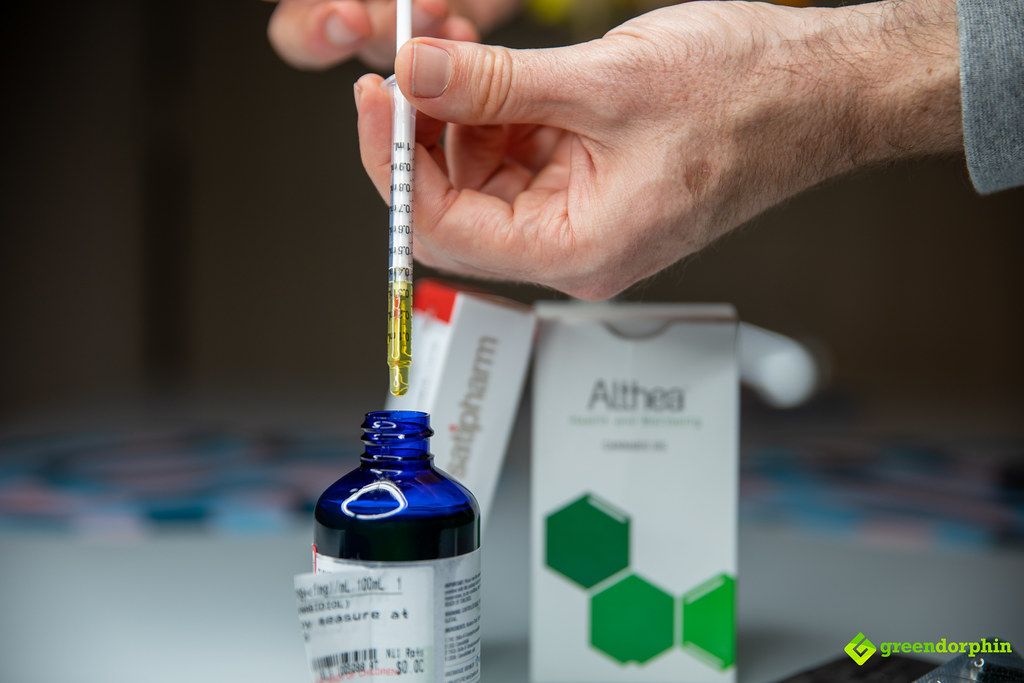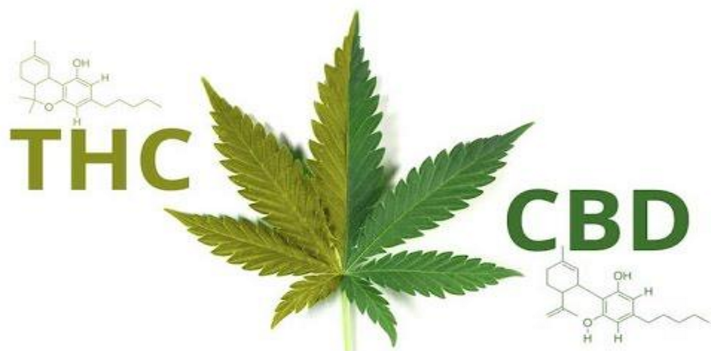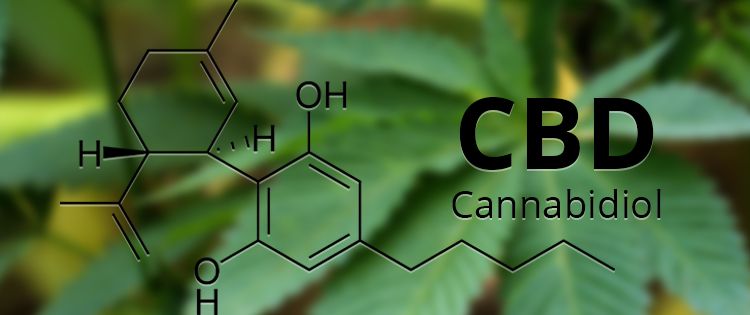Because the scientific research on CBD is still in its early phases, you’re bound to come across contradictory statements from friends, health care professionals, pharmacists, and other sources. The more you hear, the more your confusion is likely to increase.
However, even in this deluge of misinformation, some facts surrounding CBD have become well-established. Being knowledgeable about such details can help clear up some of your doubts, and get you the answers that you’re looking for.
Below is a list of common myths, misconceptions, and outdated views regarding CBD that have been debunked and updated with new scientific knowledge to help you set the record straight.
1. Every CBD Product is the Same
CBD comes in various forms, just like any other product in the market. Check this Cheefbotanicals repository to uncover a vast range of cannabis products, from CBD gummies to CBD capsules.
Before these products are stocked in dispensaries, they undergo a tedious production and manufacturing process. Every manufacturer employs different materials and mechanisms for extracting, cultivating, storing, and packaging CBD, due to which the final product varies across brands.
Furthermore, different CBD extraction methods have different pros and cons. For example, some brands use superior vegan-certified soil for cultivation, while others grow the plant in soil mixed with animal by-products.
This reliance on different protocols significantly changes the quality and effectiveness of the end product. As a result, the end product also has varying concentrations of CBD.
All these nuances contribute to a broad spectrum of CBD products in the market and prove that not all CBD is the same.

2. CBD Gets You High
This is probably the most widely accepted misconception about CBD. As people consider CBD as being closely related to marijuana, they presume that it causes a high.
However, THC, the main psychoactive component in cannabis, is absent in cannabidiol. Therefore, it doesn’t have any of marijuana’s psychoactive properties and doesn’t make you high.
CBD does affect your brain activity, though. Research has shown that CBD has potent anti-anxiety and anti-seizure properties, and can help people suffering from mental disorders such as epilepsy and depression.
Some studies have also suggested that it may alleviate THC’s adverse psychoactive effects, but the research on this topic is still ongoing.
3. CBD is Not Safe for Children
States where marijuana is legal have imposed age restrictions on its use. But, CBD oil, free from THC, is permissible and safe for all ages in these states. It doesn’t produce a high and has been effective in treating a variety of health conditions in children.
For example, Epidiolex, an FDA-approved drug derived from CBD oil solution, is used to treat two rare forms of epilepsy — Lennox-Gastaut Syndrome and Dravet Syndrome — which have an onset in early childhood.
Some doctors have also suggested that CBD is much safer than aspirin and doesn’t cause any severe side effects in the long run.
However, even though a lot of research favors CBD, you should always get a doctor’s recommendation before deciding to use it.
4. CBD Works Better Without THC
Although CBD has powerful therapeutic effects of its own, it’s more effective in combination with THC.
For instance, a THC and CBD formula has shown much better results in treating neuropathic pain than pure CBD. One research also concluded that CBD’s anti-inflammatory effects are enhanced when CBD and THC work in tandem.
5. CBD Changes into THC in the Stomach
This myth first originated in Cannabis and Cannabinoid Research Journal, back in 2016. In this research, CBD showed a possibility of converting into THC in artificial gastric fluid, which alarmed the medical community, and consequently, the news spread like wildfire.
However, new research has squashed this claim. Specifically, a study conducted in 2017 found that less than 3% CBD converted into THC in the body, which is not capable of producing any psychoactive effects. Even when CBD dose was increased in some studies, THC conversion remained insignificant in the participant’s gastrointestinal systems.
As a result, there is now a consensus in the scientific community that the artificial gastric fluid used in the 2016 study did not accurately mimic the human stomach and, therefore, produced misleading results.

6. CBD Has Sedative Properties
Many studies have again corroborated that CBD doesn’t have THC’s psychoactive or sedative effects. CBD helps with anxiety and induces good REM sleep, but it doesn’t make you dizzy.
On the contrary, it may even play a role in keeping the human mind alert and awake. In one study, CBD improved wakefulness in rats. Researchers concluded that this was because of CBD’s ability to regulate neural activity in the hypothalamus.
Bottom Line
The scientific research on CBD and its potential benefits is gaining momentum, but a lot of misinformation is still circulating in the cannabis industry.
Many people still believe that CBD is just like marijuana and is only safe for adults. Such notions are the major reason behind the underutilization and abuse of this highly therapeutic product.
That’s why this scientific debunking of CBD myths and misconceptions is vital to steer you in the right direction.
- 4 Pros and Cons of Disposable CBD Vape Pens - March 14, 2023
- 10 Cannabis Myths For Beginners Debunked - February 23, 2023
- Weed Delivery Service Versus In-Store Shopping: Which Is Better? - July 22, 2022


